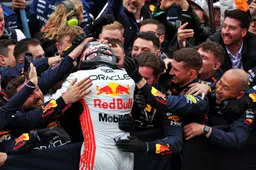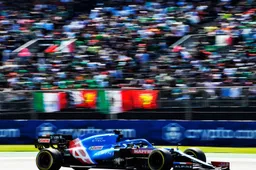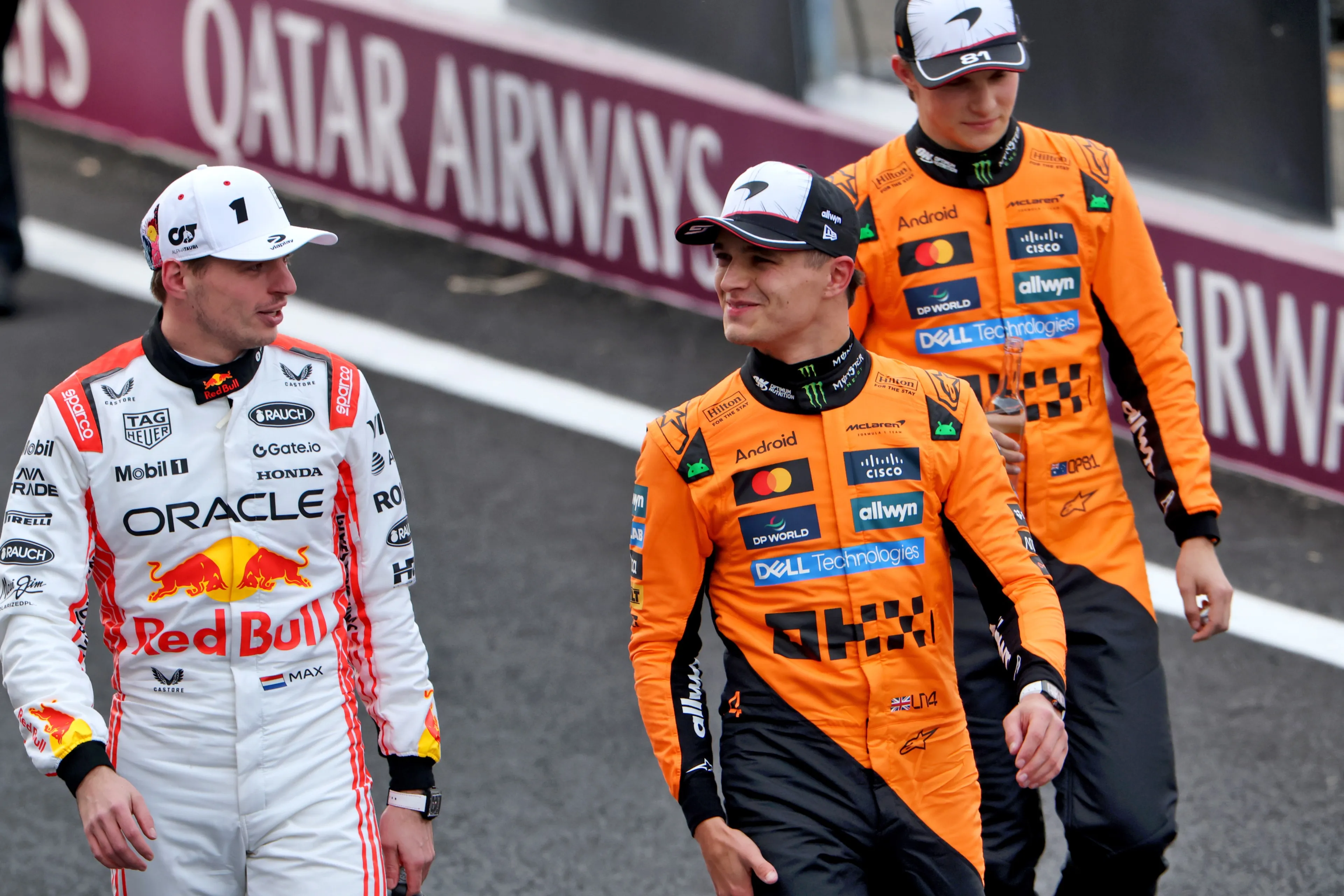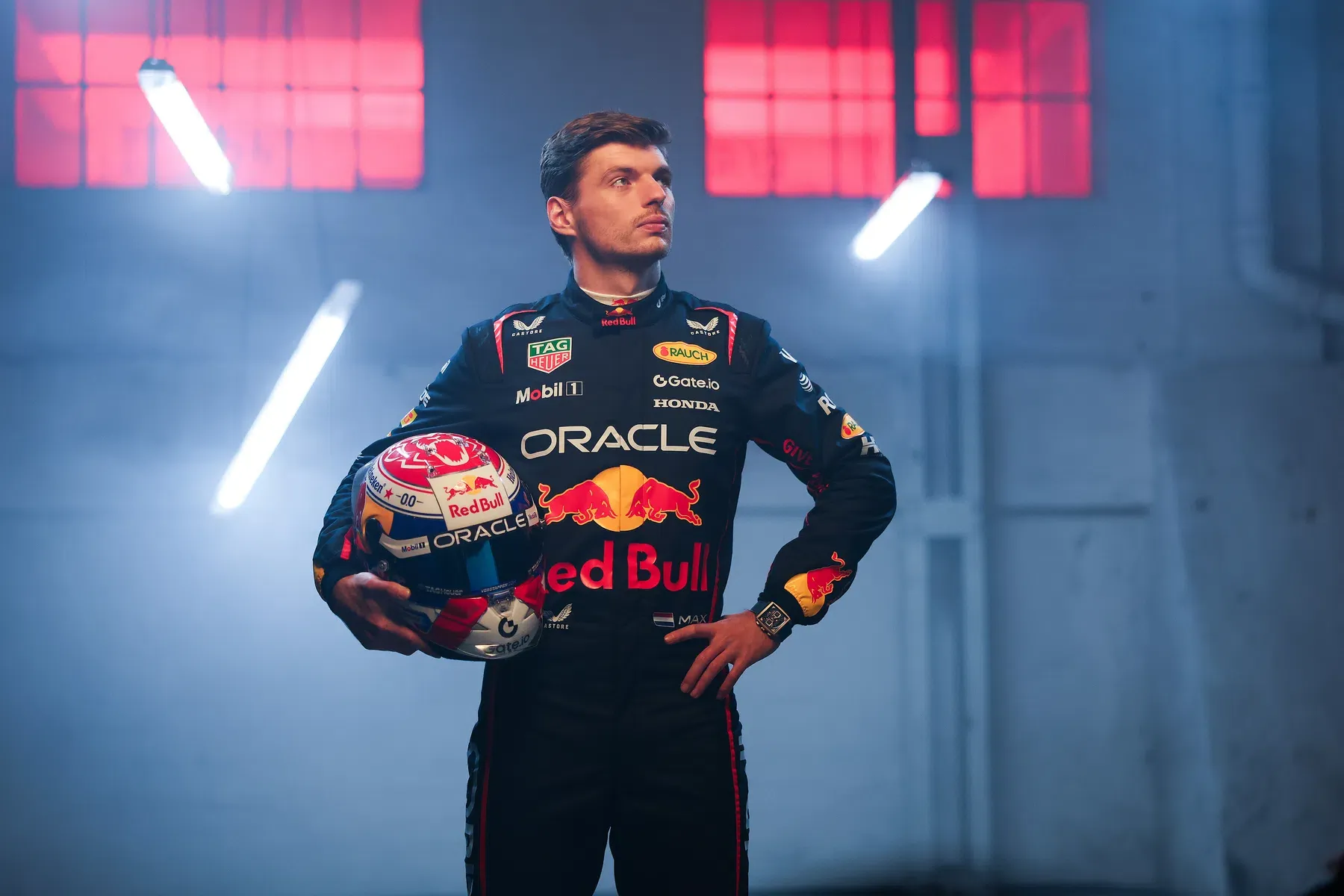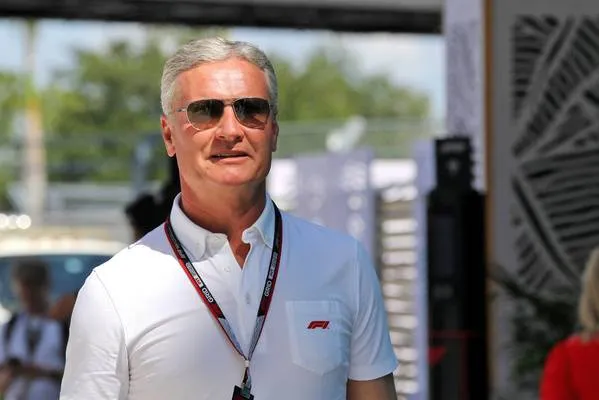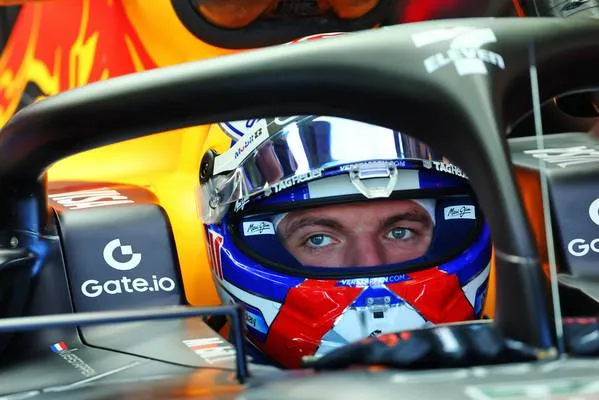Pirelli boss has good news: '2022 cars as fast as those in 2021'
A big change in the regulations means that there are still very many question marks surrounding the 2022 F1 cars. A key question is how fast will they be compared to last year's cars? Expectations are always changing and at a rapid pace.
Persuasion
For a long time people in the paddock were convinced that the new generation cars would be about three seconds per lap slower. In large part, this was due to the new, larger tires and heavier rims. But Formula 1 wouldn't be Formula 1 if there wasn't constant development. Even before the new cars have driven a meter on the track.
During a videocall, in which the French AutoHebdo participated, Mario Isola of Pirelli gave another insight into the evolution currently taking place in the F1 factories. The Italian indicated that he had looked at the simulations of the teams and that the cars are not going to be much slower than the previous generation cars.
Same level
"In the beginning, we were talking about more than three seconds per lap," says Isola. "Now it's half a second or a second. So if they start with only one second difference, it means that during the season they will probably reach the same level of performance as in 2021."
The actual speed of the cars comparing one year to the next doesn’t make the racing any more interesting. Whether a particular team’s car is 5 seconds slower or 2 seconds faster next year compared to the 2021 car is not important at all and does not make the racing any more or less interesting. What is important is the cars speed relative to one another. If many teams can produce cars which can lap a circuit within half a second of one another, then the racing will be more trilling, even if the whole field is slower than what they were lapping last year.
Speed is great but combined with poor tire management skills, they will become sitting ducks
That's not good news. Most tracks are already too slow for F1 cars. The straights that used to be straights, we can't call them straights anymore, as speeds has come up so much, there's not evne time for overtake on most of these places. Take 5-10 sec out of speed of F1 cars and we would have a lot more racing already.
I agree, a few seconds slower won't be noticed and would be better. If they are as fast already this season then starting 2023 they will become too fast really. This is an interesting video for you, because if you watch Indycar you don't call them slow but look at the difference with F1. https://m.youtube.com/watch?v=2Ft3Ug_YthM
I am wondering whether the expected positive effects are really going to happen i.e. easier overtaking. I would not be surprised to see that not much is changing
Sure it’s gonna work, of course they can’t get rid of dirty air entirely, but the cars from last era had the worst dirty air so far, mainly because of vortices they produced to cover the sides of the car. New cars don’t have that and the back of the car directs a air upwards and together with DRS it’s going to be much more easier to overtake. The question is does more overtaking means better racing, USA was one of the if not the most exiting race last year, without any overtaking between RB and Merc
That is what they want yes, but they have to see the effect of the new cars first before they will decide on that.
In theory, it should work. But the engineers won't care about the dirty wake they create for cars following and they could stumble on some aero ingenuities that add downforce and more dirty air. It will then be a battle back and forth of the FIA changing regs further to curtail dirty air and engineers working their way around those to claw back performance.
All nonsense based on nothing, to fill space with pure inferences. Simulators have often been wrong, even with cars that were evolutions of previous ones, well known in their behavior on the track. How can one believe that they are so reliable for single-seaters that have not yet done a meter of track?
400 million dollar investment project and you think they cant make a physics simulator better than the already world class 3 million dollar iracing? not to mention all the world class engineers, you really think you know more than them?
Well, ask RB the last couple of years haha. They had a lot of problems with their simulator so wrong compared to the real track with data.
You see, dear friend, I think you know nothing about engineering and simulation. The simulator can be reliable and accurate, but it needs an infinite amount of data, which before putting a car on the track, are only estimated. As some of that estimated data is replaced by measured data, that's when the simulation starts to be representative of reality. If the simulator was perfect, the practice sessions would be useless, as it would be useless to place grids of sensors to measure the parameters, and during the season the cars would not develop increasing performance, because everything would be perfect now.
Popular on GPBlog
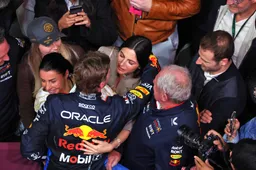
Kelly Piquet shines during baby shower on Max Verstappen's brand new yacht
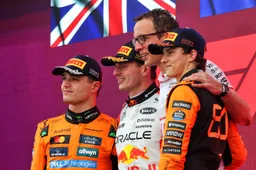
British media respond to Verstappen's 'flawless' Japanese Grand Prix drive where he 'stole' victory

Hamilton's former teammate saw a 'brilliant' Verstappen: 'Pure demonstration of power'
